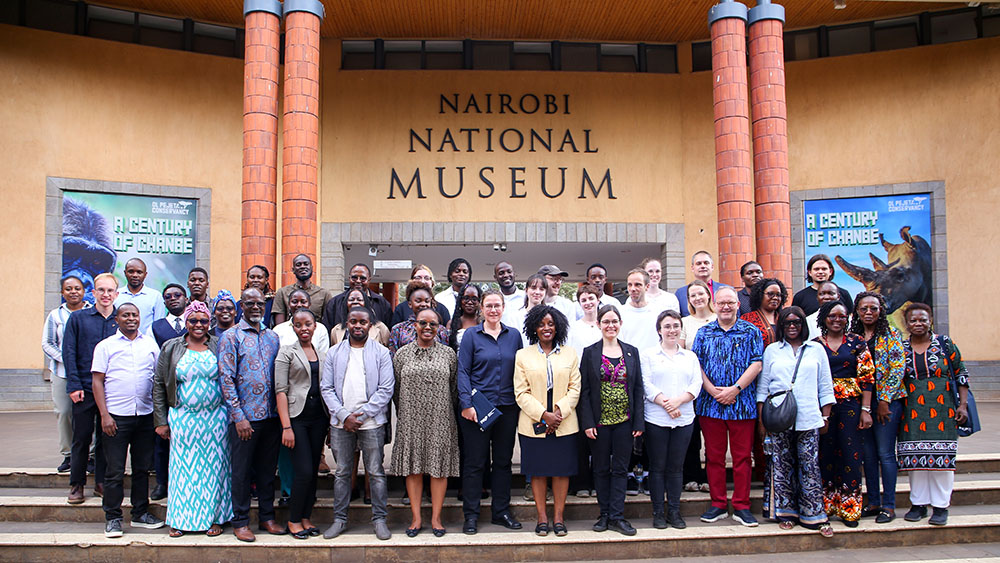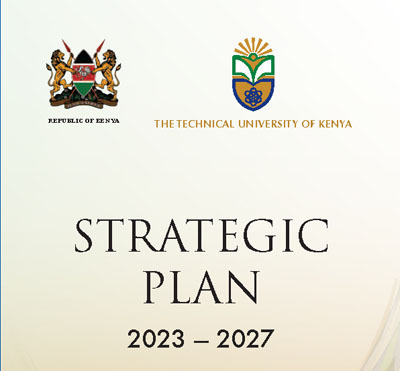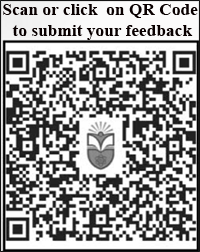The German University of Applied Sciences and the Technical University of Kenya, have taken a giant stride in the use of digital technologies in preserving cultural heritage. The two institutions organised a three-day Digital Twin Project seminar at the National Museums of Kenya (NMK). The seminar was themed: “Sharing Digitisation Lessons Based on a Kenyan Case Study.”
The event gave the students from the two universities, guided by their lecturers, to work together in digitising a collection of historical maps from the Kenya National Archives and Documentation Service (KNADS). The project culminated in the creation of digital versions of the artefacts, now accessible at the NMK Resource Center, highlighting the integration of technology and heritage preservation.
The seminar featured poster presentations by participating students, who highlighted the processes, challenges, and outcomes of their digitisation work. The event was attended by distinguished guests, including Ms. Vivienne Nandokha, Resource Centre Manager at NMK. The German University of Applied Sciences delegation was led by Prof. Constanze Langer, Vice-President for Digitalisation and International Affairs; Prof. Dr.-Ing. Peter Heisig, Vice President for Research and Transfer; Prof. Dr. Veit Köppe, Professor of Library Science, Technologies, Systems and Services; and Prof. Dr. Julia Maria Struß, Professor of Applied Data Science.
Representing TU-K were Prof. Tom Kwanya, Director of the School of Graduate and Advanced Studies (SGAS), accompanied by Prof. Naomi Mwai, and other faculty members.
Welcoming the guests on behalf of the NMK Director General, Ms. Nandokha shared a brief history of the museum and emphasised the role of the Resource Centre in safeguarding Kenya’s historical data.
In her address, Prof. Constanze Langer expressed her delight at the project’s outcomes, describing it as a meaningful example of international cooperation. She noted that the Germany University of Applied Sciences encourages students to become global citizens who can collaborate across cultures to address shared challenges.
“As a University of Applied Sciences, we emphasise practical experience,” Prof. Langer stated. “Projects like this are invaluable because they bridge academic theory and real-world application, allowing students to develop tangible, relevant skills.”
She further explained that the project brought together nine German students specialising in Information Science, Knowledge Management, Library Science, and Archival Studies, who worked closely with their Kenyan counterparts to apply digitalisation concepts in real institutional settings.
In his remarks, Prof. Tom Kwanya expressed gratitude to all participants and to NMK for hosting the seminar. He acknowledged the growing partnership between TU-K, the German University of Applied Sciences, and now NMK, describing it as a significant milestone in international academic collaboration.
“The project we are celebrating today, centered on digitisation, represents the future of knowledge preservation and sharing,” Prof. Kwanya noted. “It is an exciting and essential direction, and we look forward to continued cooperation and meaningful interaction in the days ahead.”
The Digital Twin Initiative is an ongoing partnership between TU-K and the German University of Applied Sciences focusing on Information Sciences. It continues to serve as a model for experiential learning, innovation, and cross-cultural collaboration in the digital preservation of cultural heritage.



